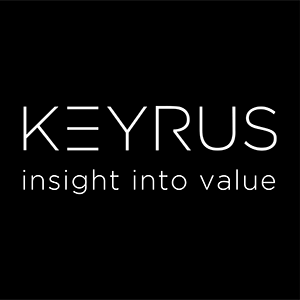Speaker
Howard Diesel
Information Governance Advisor & Mentor, South African Reserve Bank; President, Data Administration Management Association (DAMA SA)
Howard Diesel will be speaking on the following topics:
Panel Discussion Addressing the data skills gap and enabling greater access to data throughout your organisation
- Enabling data democratisation: how can you enable your employees to use data at any time to make decisions with no barriers to access or understanding?
- Understanding the impact of regulation – ensuring rapid access to data while achieving compliance.
- How to improve data literacy skills in your organisation: where do you start?
- How to address concerns over employees misusing sensitive information and adopting knowledge-hoarding practices
Data modelling for data-centric architectures
- Examining the changing role of the data model and metadata, and the challenges this presents for today’s organisations.
- What are the elemental characteristics of data that provide a common denominator for modelling for all types of data?
- How is this common denominator used to map various kinds of databases, including relational, dimensional, NoSQL, NewSQL, graph and document?
- What are the critical success factors for a creating a business-centric data model?
Industry Insights Sponsor
 Keyrus
Keyrus
We at Keyrus are experts at developing an agile and efficient BI Roadmap that gives our clients competitive advantage. We pride ourselves on creative implementation of world-leading BI solutions that accelerate data exploration & visualization and promote autonomy of business users.
Find more at www.keyrus.com/za
Display Sponsors
 InfoBuild
InfoBuild
From data acquisition to presentation and visualisation, Information Builders’ technology ensures that the information is of the highest quality and in the exact format needed for consumers to be most productive
Please visit www.infobuild.co.za
 WeDoTech
WeDoTech
WeDoTech is passionate about using modern technology to simplify life. Cloud data management technologies such as Snowflake, Fivetran and Looker form part of WeDoTech's toolkit to implement modern data warehouses effectively.
See more at: www.wedotech.co.

